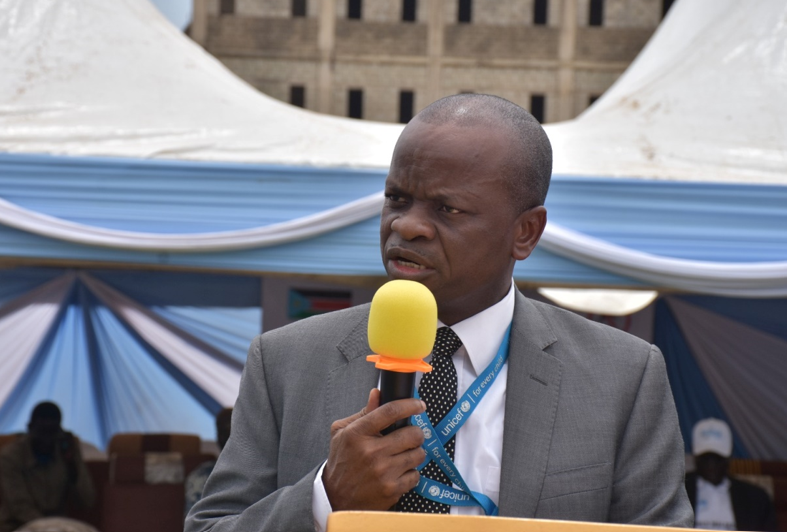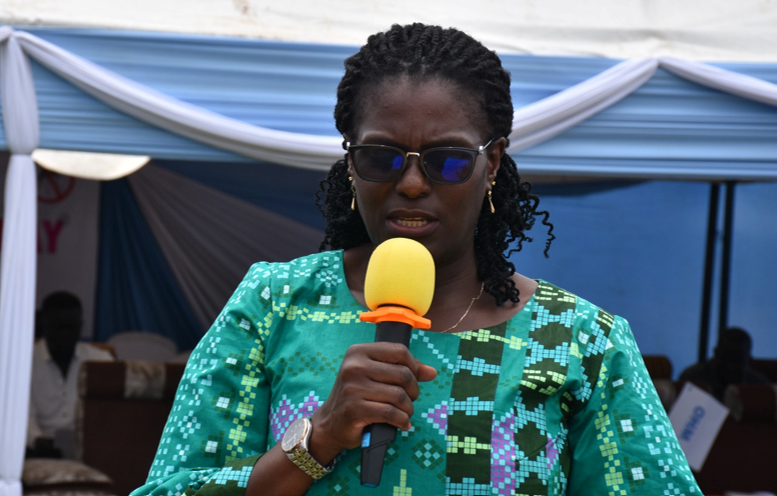Meningitis kills 16 in Northern Bahl Ghazal state

Sixteen people have so far succumbed to meningococcal meningitis following the outbreak of the disease in Northern Bahl Ghazal state.
The government has since stepped up efforts to curb further spread of the deadly bacterial disease. According to the Ministry of Health, traces of meningitis was found to be common among teens and children under the age of one year.
On Tuesday, the Ministry of Health’s Director General – Directorate of Preventive Health Services, Dr John Pasquale Rumunu, said that over 100 cases, including 16 deaths, had been documented in Bahl Ghazal.
“We have suspected cases of meningitis reported in Northern Bahal Ghazal state as of week 18th of this year. The suspected caseloads stand at 176 cases with 16 deaths and that gives us a case fatality rate of 9%.
“Most cases are reported among children age 15 and above and less than one year,” noted Dr Rumunu.
According to government statistics, 176 positive cases of meningitis have been documented in all five counties of Northern Bahal Gazal state in the month of May alone.
Meningococcal meningitis is caused by Neisseria meningitides bacterium. It is characterized by either acute or gradually inflammation of the membranes (meninges) around the brain or spinal cord, which could lead to death within hours.
Meningitis is mostly spread through sneezing and coughing, as well as living in close quarters.
Early signs of the condition include fever, headache, stiff neck, nausea, and vomiting.
Meningitis is widespread in South Sudan during the dry and windy seasons –between December and June.
The most recent severe outbreak of Meningitis in Africa occurred in 1996 when over 250,000 cases and 25,000 fatalities were reported.


